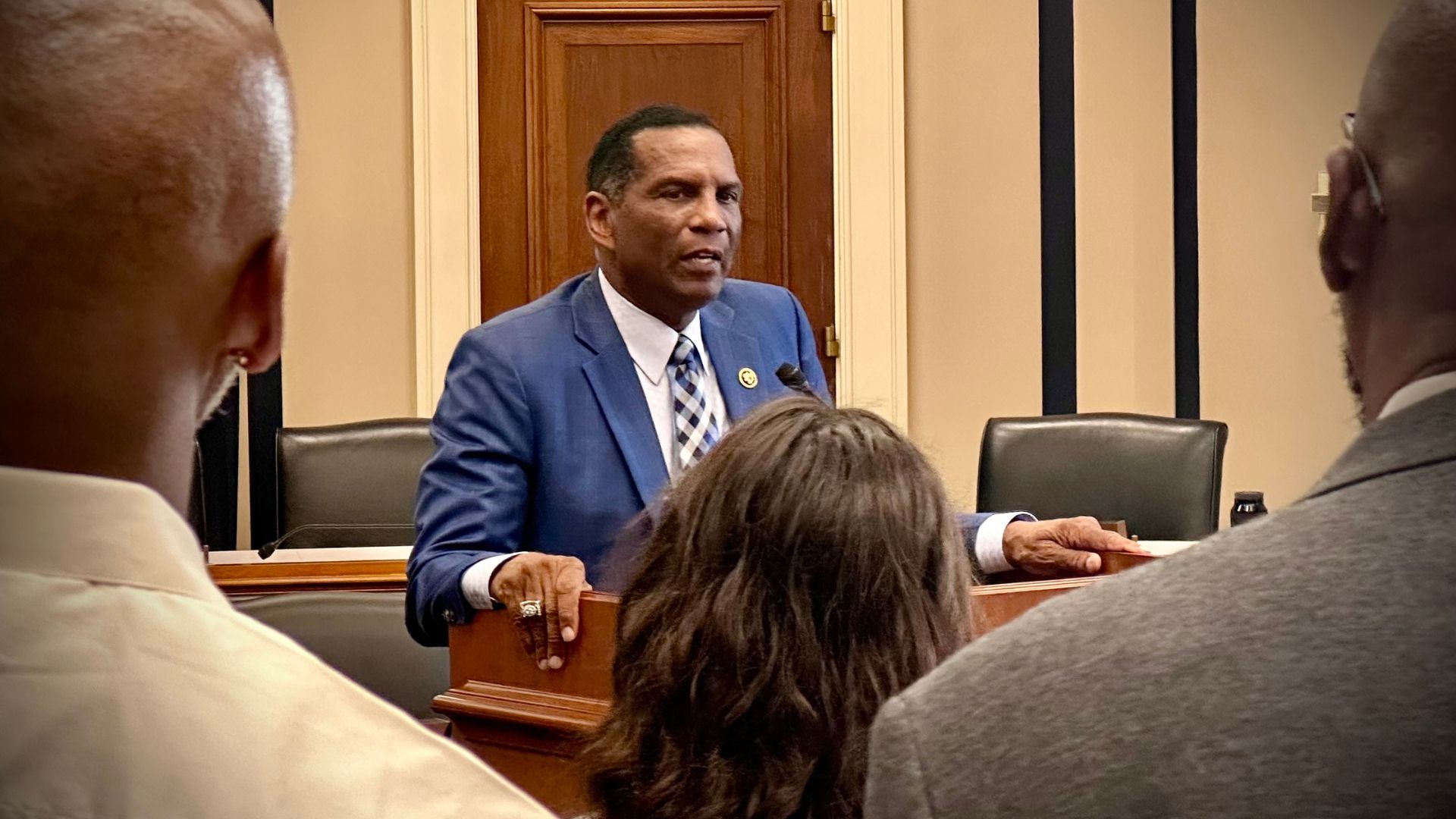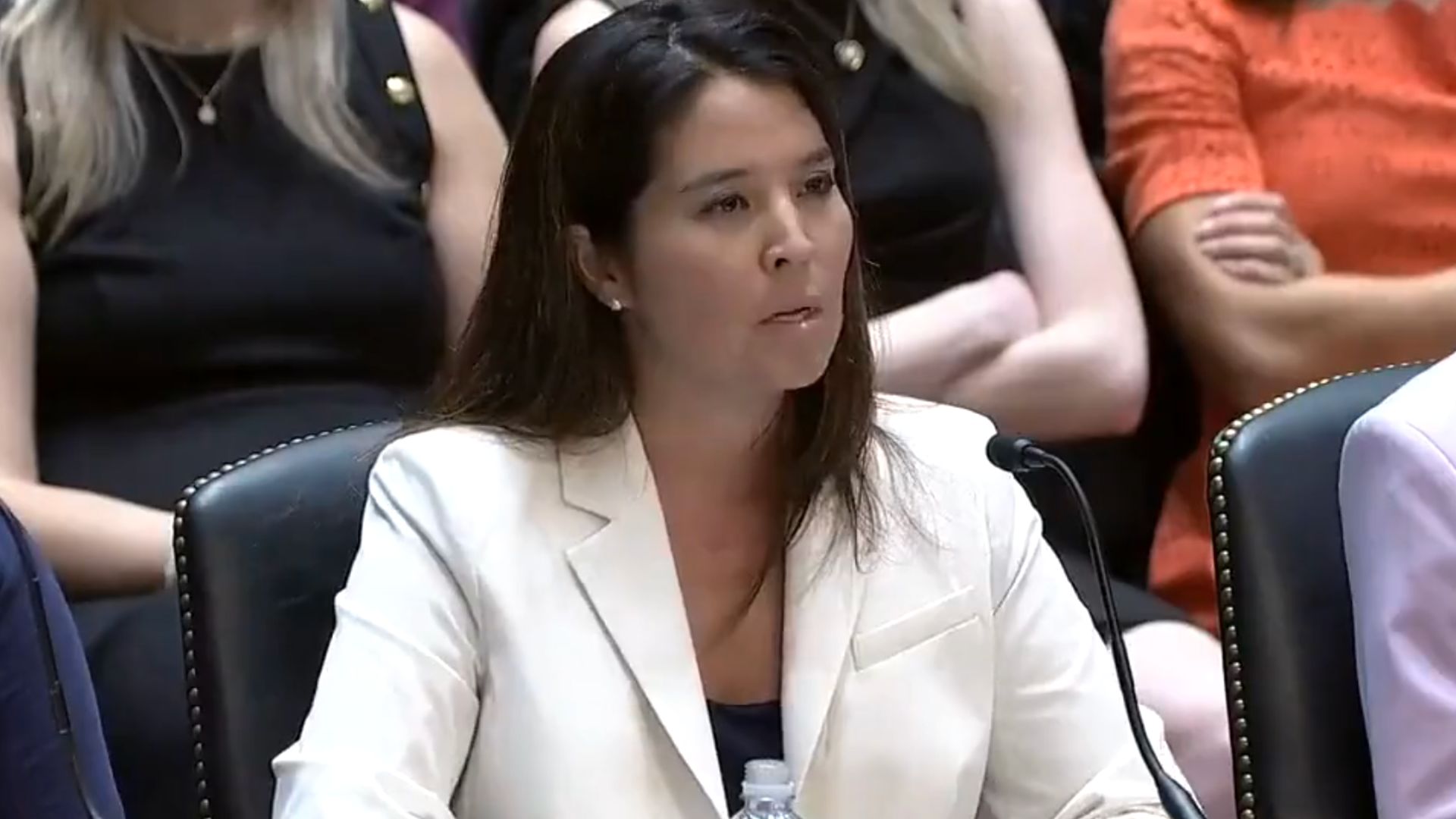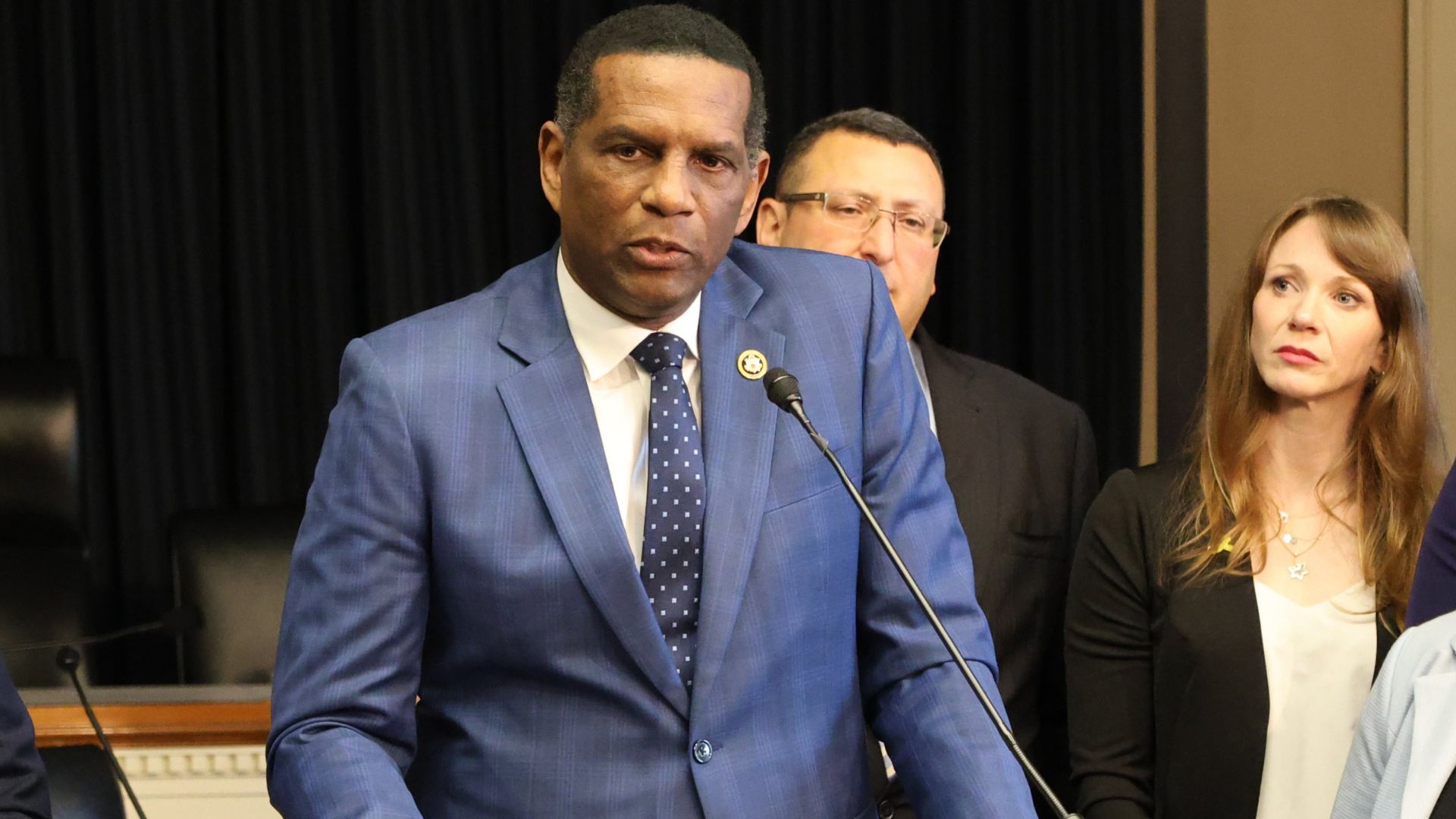Rep. Burgess Owens launched a new caucus within the House, known as the Merit Caucus, which focuses on opposing diversity, equity, and inclusion (DEI) ideologies in the educational sector.
Announced on a Wednesday, this caucus aims to maintain high educational standards and opposes the lowering of these standards in the name of equity.
Owens Criticizes Current Educational Policies

“The Left has a ‘war on meritocracy’ and is ‘lowering standards for students and teachers, discouraging achievement in the classroom, and eliminating academic excellence, all in the name of equity,'” Owens explained during the caucus launch.
His remarks were directed at current educational policies that he believes undermine merit-based achievements.
The Foundation of the Merit Caucus

Owens further detailed his concern.
He said, “The Left’s relentless push for equity has come at the expense of excellence. Particularly in the classroom, we’ve seen how the soft bigotry of low expectations has placed race ahead of results at every level of our education system, eroding academic excellence in the name of equity.”
Educational Standards and Challenging Curriculums

The Merit Caucus has set clear goals to safeguard challenging curriculums and combat initiatives that would lower grading standards to what Owens refers to as “equitable grading.”
These actions aim to ensure that students are genuinely proficient in their subject matters rather than just passing classes.
Opposing Racial Quotas and Changing Gifted Programs

Owens and his caucus are committed to fighting against racial quota systems that replace traditional entrance exams and the elimination of gifted and talented programs.
These systems are seen as detrimental to recognizing and fostering genuine talent and academic ability in students.
Support from Educational Leaders

Nicole Neily, president and founder of Parents Defending Education, supports the caucus, stating, “Hard work, virtuosity, and excellence are universal traits that should be celebrated by the American education system.”
She expressed gratitude towards Owens for his efforts to promote these values in schools.
Case Study: Algebra in California

The Merit Caucus pointed out a California initiative that considered removing Algebra I as an option for eighth graders, which was seen as a move away from merit-based advancement.
Although it was not implemented, the delay of Algebra I to ninth grade remains a recommended standard in California, highlighting ongoing debates over educational equity.
Impact on Seattle’s Gifted Students

In Seattle, the decision to shut down 11 schools for gifted students and integrate them into the general school population has been criticized by the Merit Caucus.
They view it as a reduction in cultivating high achievers’ talents, catering to “historical inequity.”
Grading System Overhaul in Boston

Boston Public Schools underwent a significant change, spending $120,000 to revise its grading system to emphasize equity, a move criticized for potentially lowering academic expectations.
This revision aims to mitigate institutional and personal bias, according to school officials.
Portland’s Approach to Equitable Grading

In Portland, new grading policies ensure that the lowest possible grade a student can receive is 50%, even in cases of cheating.
Additionally, there are no penalties for late assignments or grading based on class participation, attendance, and behavior, as well as no opportunities for extra credit.
Overview of Educational Shifts

The Merit Caucus, led by Owens, aims to counteract what they see as negative trends in educational policies that prioritize equity over excellence.
Their advocacy focuses on reinstating merit and effort as key metrics for success in the educational system.
Future Directions and Challenges

As the Merit Caucus moves forward, it faces both support and opposition in its efforts to reshape American education.
The debate over how best to achieve a balanced and fair educational system continues, with the caucus playing a significant role in these discussions.
